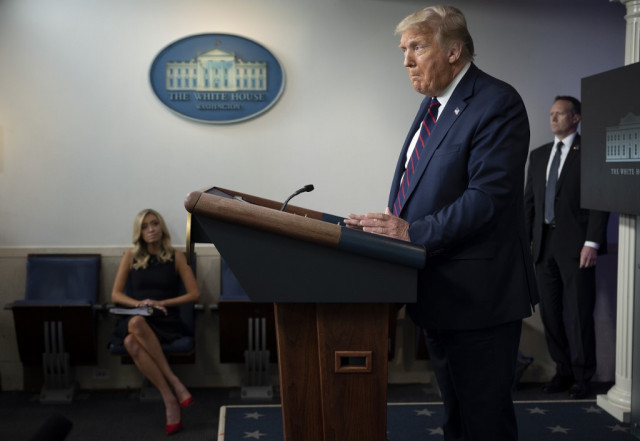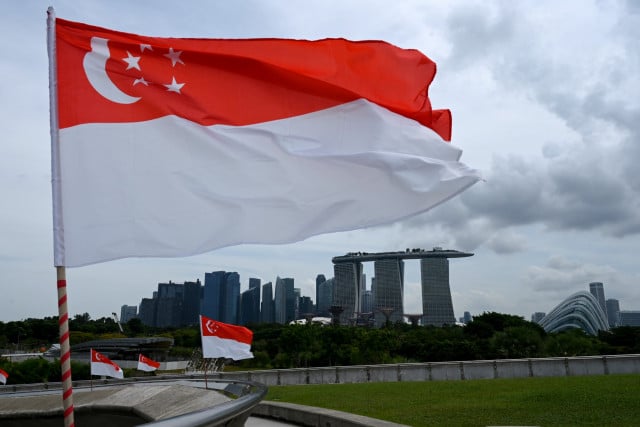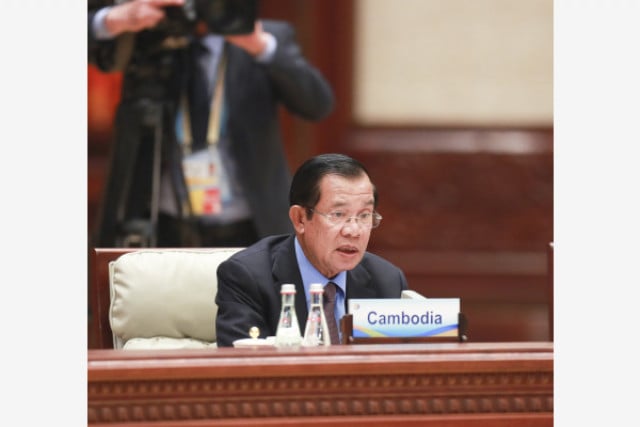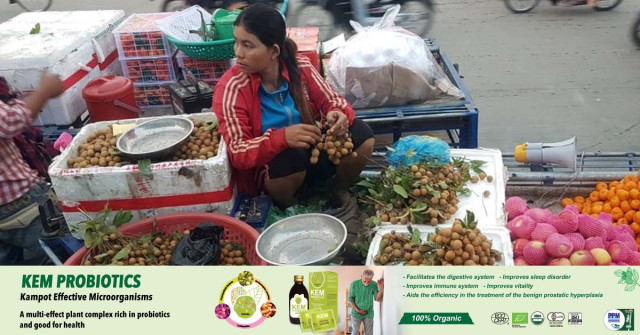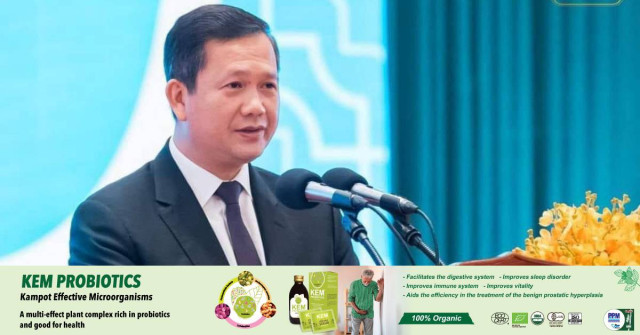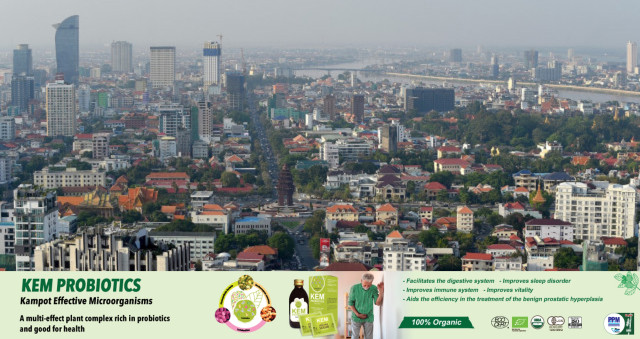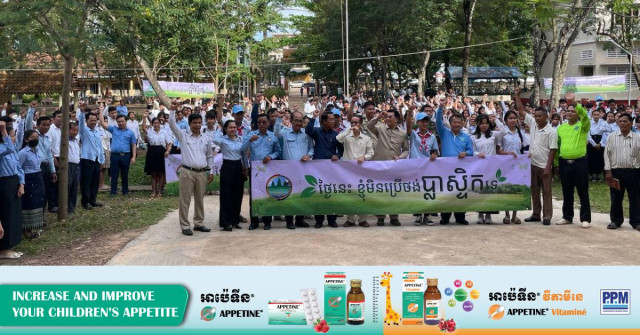Family Reunions Slash Number of Children in Care
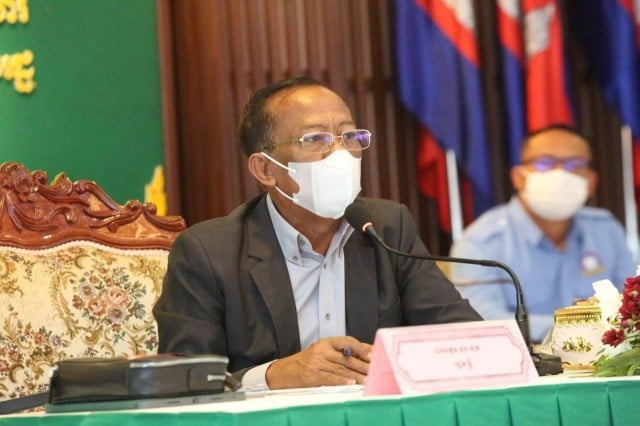
- By Sao Sokeng
- July 1, 2021 10:50 AM
Centers foster feelings of abandonment in young
PHNOM PENH--Nearly 10,000 children were returned to their families from care centers between 2018 and 2019 under the government Action Plan to prevent and respond to violence against children.
The plan, which covers the period from 2017 to 2021, aims to ensure that children maintain social development and family bonds.
A report by the Ministry of Social Affairs, Veterans and Youth Rehabilitation says 80 percent of children in care centers had parents and relatives while 20 percent were orphans. Parents sent their children to care centers due to family separation, poverty and migration.
Director of the Child Welfare Department of the Social Affairs Ministry Phi No said most of the parents misunderstood that the centers would provide their children with sufficient education and care. The centers, however, were places to address temporary issues for children.
Child welfare experts say children can access better education and skills only in well-resourced centers where sufficient nutrition and care are provided. Children will be in trouble if they live in a center that lacks resources.
No said that living in a center could affect children’s physical, emotional, intellectual and social development. With this problem in mind, the ministry returns children to live with their families and relatives.
“Children will be upset if they think they are abandoned, so it can cause family ties to be cut off,” No said.
“Moreover, their emotional wellbeing may be affected due to strict management of the center and inappropriate language used by the center manager. They will also be looked down upon as orphans.”
In February 2019, the Strong Family communication campaign was launched by the ministry, supported by the United Nations Children’s Fund (UNICEF), civil society organizations and other development partners that share a common goal.
The campaign was one of the priorities in the action plan, aiming to end unnecessary family separation and violence against children. It was developed based on Cambodia's PROTECT Communication Strategy.
“The Cambodia PROTECT Communication Strategy was developed by the ministry and UNICEF,” Social Affairs Minister Vong South said.
“It aims to raise awareness to eliminate violence against children and unnecessary family separation and to make sure people know that a safe family environment is the best place for a child to grow and develop,”
After returning, children are monitored by the ministry and other organizations through the child protection system to ensure their safety.
No said, “We have social workers monitoring children for 2-3 years after child integration. If they are good and safe, we will end monitoring. But, if they still face challenges, we will study and work out a way to give additional support.”
In 2019, there were more than 6,778 children living in 232 different child care centers while there were 7,643 children living in 252 child care centers in 2018. Both figures are lower than in 2015 when there were more than 16,579 children and 406 centers.
Touch Channy, director-general of the ministry’s technical affairs department said reducing the number of child care centers is one of the policies the government has implemented, aiming to decrease the number of children in care so that they can be with their families and communities.
“We think that having a lot of child care centers as a fast-developing country is not good at all,” he said.
Additional reporting by Teng Yalirozy






